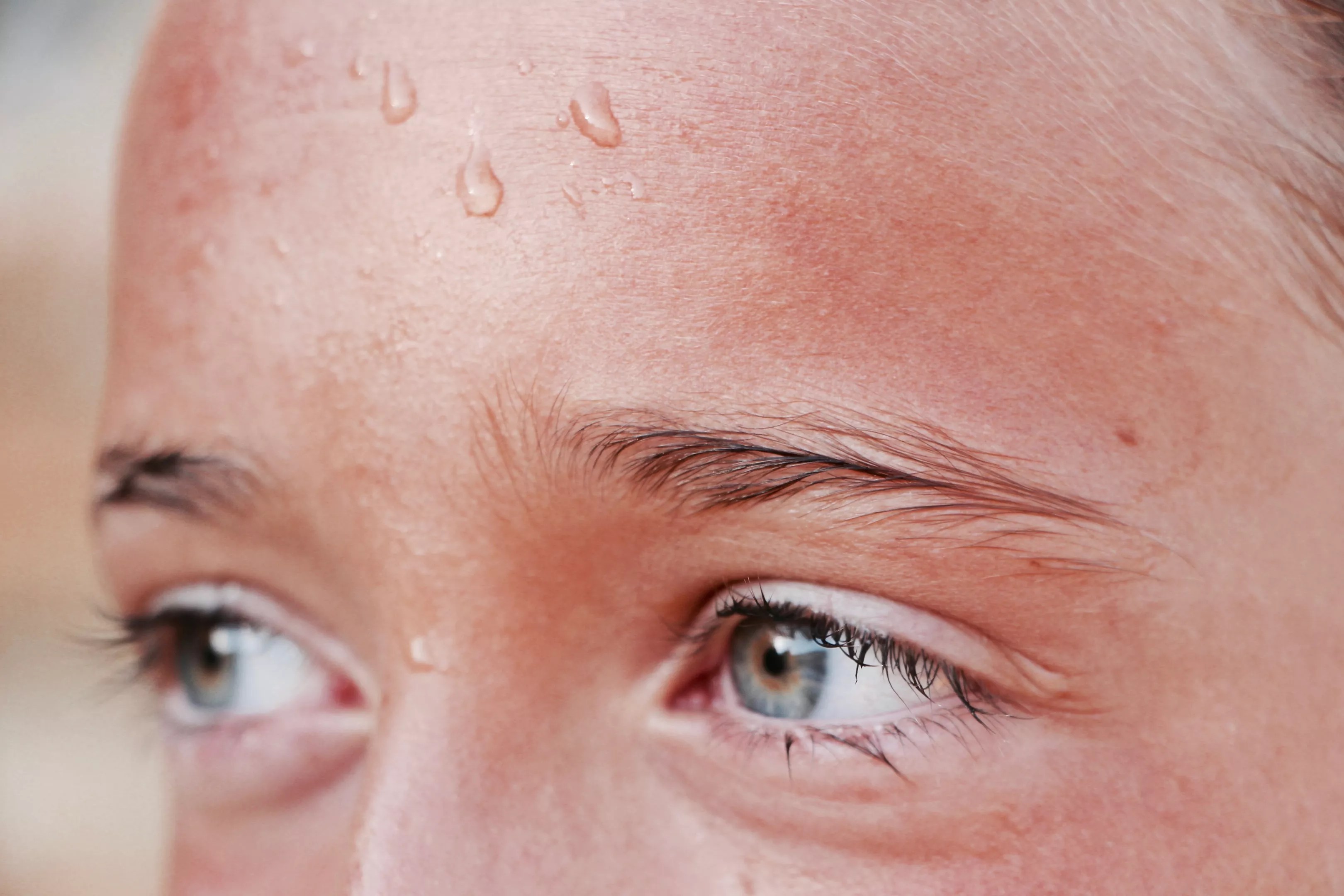
Photo by Hans Reniers on Unsplash

Audio By Carbonatix
Close the blinds, crank the AC and stay inside if you can, Dallas: The rest of the week is bringing even more 100-degree-plus temps.
Summer 2023 has been particularly brutal, as evidenced by the county’s spike in heat-related illnesses. But the punishing weather is also apparently inflicting some psychological damage.
Extreme heat can lead to “significant mental health impacts,” including heightened anxiety and stress, said Karen Magruder, assistant professor of practice at the University of Texas at Arlington’s School of Social Work.
Reduced cognitive functioning in areas like memory, concentration and decision-making can occur, she said. Our moods may suffer, and studies have shown that extreme heat exacerbates aggression.
“Having more of these extreme heat events is a reminder that this is the new normal and that our climate is changing,” Magruder said. “So, in addition to coping with the nuisances of it happening here and now, people are increasingly seeing the trends and patterns – and becoming scared, worried, concerned about what this means for their future quality of life.”
If you’re stressed about climate change, you definitely aren’t alone. Around 68% of U.S. adults have reported feeling anxious about the phenomenon and its effects, according to a poll published in 2020 by the American Psychological Association.
There’s a term for such feelings, too.
Eco-anxiety describes feelings of helplessness, fear and distress over the state of the environment and the future of the planet, Magruder said. Eco-grief, meanwhile, relays feelings of sorrow over something that’s already happened, such as indigenous tribes mourning the loss of native lands.
Put another way, eco-anxiety is forward-facing while eco-grief is rooted in the past.
And, Magruder said, eco-anxiety is becoming more common: “We are seeing definitely an increase that’s being reported across the board, particularly among younger generations who have concerns about the long-term consequences of the climate crisis.”
Susan Clayton, professor of psychology at Ohio’s College of Wooster, recently penned a column for Time titled, “Don’t Ignore Your Climate Anxiety.” She told the Observer that exposure to heat waves and higher temperatures has been associated with threats to mental health. Researchers have noted increases in suicides, psychiatric hospitalizations and suicidal thoughts.
Exercise and social activity take a hit in high heat as well, Clayton said. People aren’t as inclined to go for walks, for instance, meaning they’re less likely to chat with their neighbors.
“These kinds of interactions do have a positive impact on our mental health,” she said. “We are kind of losing some of those social interactions and experiences that tend to have a positive effect, so we’re losing something that’s probably significant.”
“Seeing lots of things on the news – scientific reports with increasingly dire projections and outcomes – understandably triggers a fear response.” – Karen Magruder, UT Arlington
Many cities, including Dallas, are working to boost tree planting and expand public green spaces, in addition to opening cooling centers. Clayton said such offerings can act as a counterweight to temperature spikes.
Some folks simply aren’t able to escape the heat, though. Agricultural and other outdoor workers may not have the option to stay home during the hottest parts of the day, Clayton said.
Extreme heat especially hurts people of lower socioeconomic status, who are less likely to have air conditioning. And poorer areas tend to have fewer trees, she added.
“There have been studies that have found as much as a six-degree difference between the rich parts of town and the poor parts of town,” Clayton said. It’s important to “be aware that even though we’re all suffering, some people are suffering more than others.”
While environmental concerns have led to some positive changes, like greater advocacy for greener policies, Magruder points out that they’ve also inspired less-than-happy decisions.
A growing number of people are refraining from having children, she said. Some are considering moving to other regions to escape extreme heat and worsening weather events.
Experiencing feelings of eco-anxiety is a “very valid response to a real threat,” Magruder said.
“Seeing lots of things on the news – scientific reports with increasingly dire projections and outcomes – understandably triggers a fear response,” she said. “And so, it makes perfect sense from an evolutionary-psychology perspective that we would react that way and have those concerns.”
It may be easy to fall into psychic numbing, whereby one becomes avoidant, Magruder said. Doomscrolling right before bed might not be the wisest move, but harnessing that worry and fear can push people to participate in the solution.
Magruder advises North Texans with eco-anxiety to exercise self-compassion, and to:
- Reduce isolation. Surround yourself with like-minded people who similarly care about environmental issues and can empathize.
- Prioritize self-care. Actions like journaling, exercising and getting good sleep can help you in the long term.
- Practice mindfulness. Apply a non-judgmental awareness to the present moment and get grounded in the here and now.
- Seek professional support. If the aforementioned suggestions don’t work, know that a growing number of mental health professionals are focusing on eco-anxiety.
Don’t underestimate the importance of personal sustainability in the broader eco-sustainability effort, she added.
“You need to fill your own cup and put your own oxygen mask on first before assisting other passengers, so to speak,” Magruder said. “That way, you’re coming from a place of wellness, and that’s going to be a better foundation for you to handle these stressors and concerns.”